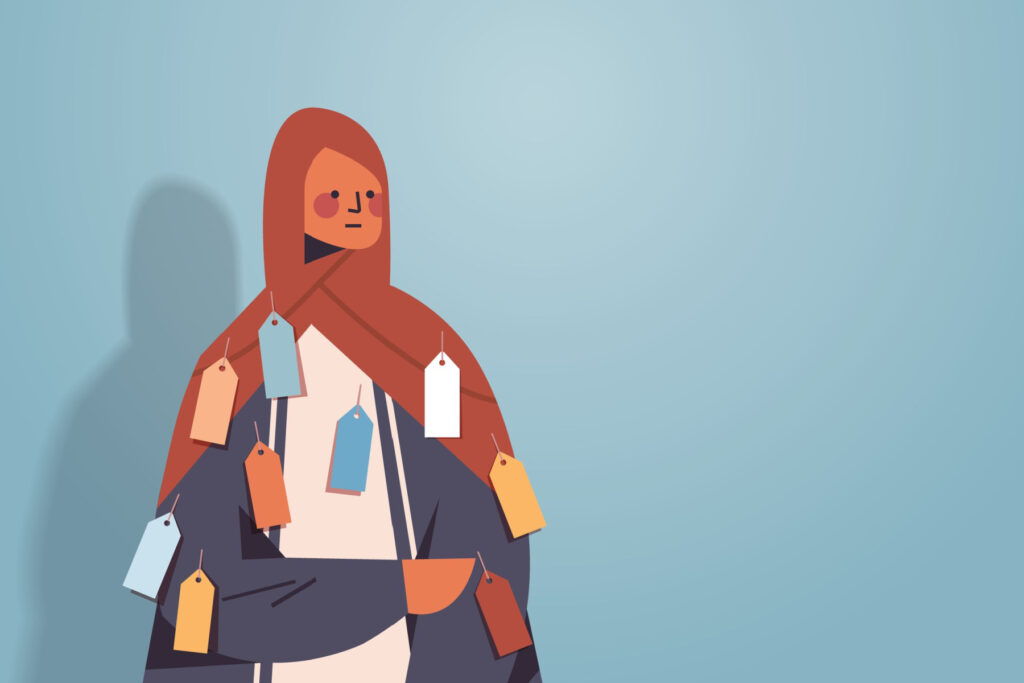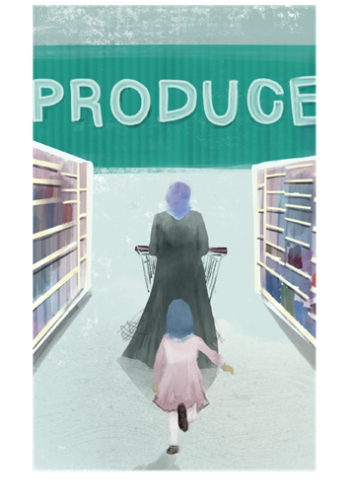
Photo by ProStockStudio via Shutterstock.com
“Citizenship” explores the intricacies of my relationship with my South Indian identity. As an immigrant, I was ashamed of the things that identified my South Asian heritage. This poem deconstructs those feelings by identifying where they stemmed from and analyzing my inner tug-of-war of being too American or too Indian. This illustration is a snapshot of one of my favorite childhood memories and one that showed me how the people around me truly felt about me.

[Read Related: It’s not Just Foundation, it’s my Identity]
citizenship
you step outside when a gush of spice hits the air and you
and your nose
it’s embedded deep within the fabrics of your jacket
the tide detergent never seems to mask the smells of homeland you are so ashamed of
they ask you why you smell like spice and why your food has so much pepper
but Vasco De Gama didn’t go to India to get pepper
he went to get the haldi in sambaar and chicken jalfrezi
and the zeera in the butter chicken you have when you think you’ve experienced India
you shrug in response
abba told you that you are now an “american”
i remember the time I became a citizen of this country
age 10 two-piece hijab removed for a passport photo
shame knowing you didn’t fight for your right to dignity
shame knowing your mother and sisters did the same
you knew it in that moment when you in your two-piece scarf
ran through the aisles of Costco
with your mother in her shiny and new black abaya they stared
and now
you speak in the language of your colonizers from 1858
it would only be years later
when you were gifted the power of the pen
to acknowledge
the seams in the fabrics of your jacket
[Read Related: Defining One’s Indo-Caribbean Heritage through Poetry]
Almost three years later, and here we are, proud to present a piece that converges at the crossroads of who we are: children of immigrants, women in STEM, Muslim. From the scents of a bustling street market in India to the warmth of stories rooted in Venezuela, the poetry in this book features an ache for grounds no longer walked upon. Our Ancestors Did Not Breathe This Air is a bold and unfiltered collection recounting moments, tears, and dreams that have been generations in the making.
Grab your copy of Our Ancestors Did Not Breathe This Air from Barnes & Noble or Amazon.




